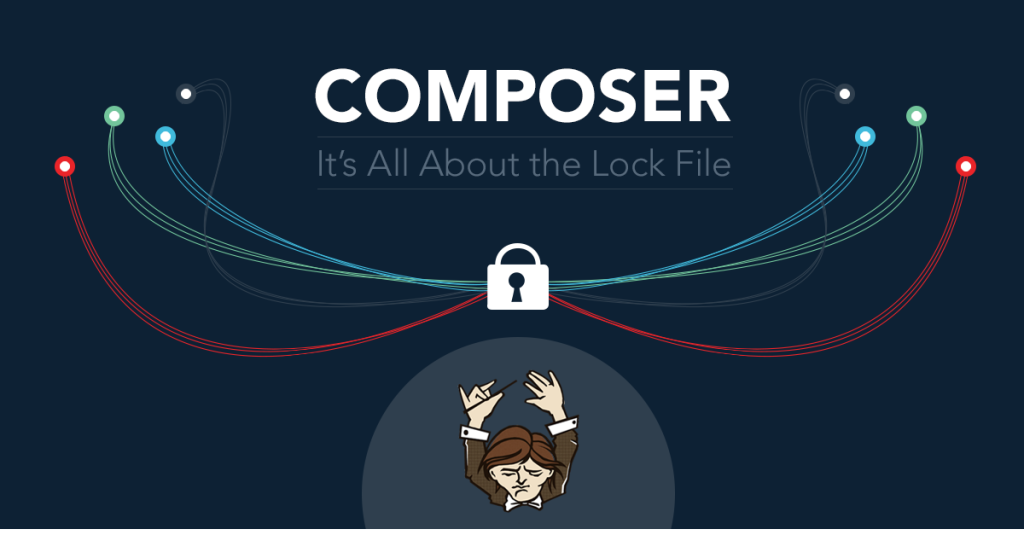
Composer is a powerful dependency manager for PHP that has become an integral part of modern PHP development. Among its many features, the composer.lock file plays a crucial role in maintaining consistency and reliability within a project. In the realm of modern PHP development, understanding and leveraging the power of the composer.lock file is essential. It serves as a safeguard, ensuring version consistency, predictability, and faster installations. Embrace the advantages of having a composer.lock file in your project, and appreciate the stability and reproducibility it brings to your development and deployment processes.
What is composer.lock?
The composer.lock file is a fundamental component of the Composer dependency management system. It is created and updated automatically by Composer when you run the composer install or composer update commands. This file serves as a snapshot of the exact versions of dependencies (libraries and packages) that your project is currently using.
The Use of composer.lock:
1. Dependency Consistency:
- The primary purpose of
composer.lockis to ensure that every developer and every environment running your project uses the exact same versions of dependencies. - It locks down the versions, preventing unintentional updates that could introduce breaking changes.
2. Reproducibility:
- With
composer.lock, you can reproduce the exact state of your project at any given point in time. - This is crucial for collaboration, deployment, and maintaining a stable development and production environment.
3. Faster Installs:
- When running
composer install, Composer first checks for the presence ofcomposer.lock. If it exists, Composer installs the exact versions specified in the lock file, resulting in faster and more deterministic installs.
Advantages of composer.lock:
1. Version Consistency:
- Ensures that all developers and servers are using the same versions of dependencies, minimizing compatibility issues.
2. Predictable Builds:
- Provides a predictable and reproducible build process, crucial for continuous integration and deployment.
3. Reduced Risks:
- Minimizes the risk of unintended updates to dependencies, preventing unexpected behavior in the application.
4. Faster Installs:
- Accelerates dependency installation by bypassing the need to resolve versions, resulting in faster and more reliable installs.
Implications of No composer.lock:
1. Version Drift:
- Without a
composer.lockfile, developers may unintentionally use different versions of dependencies, leading to inconsistencies and potential bugs.
2. Unpredictable Builds:
- Builds become less predictable, making it challenging to recreate the same environment across different systems.
3. Security Risks:
- Lack of version constraints increases the risk of using outdated or vulnerable dependencies.
4. Instability:
- The absence of a lock file can result in the application being vulnerable to breaking changes introduced by updates to dependencies.
Best Practices with composer.lock:
1. Commit to Version Control:
- Always commit the
composer.lockfile to your version control system (e.g., Git). This ensures that every team member is working with the same set of dependencies.
2. Use composer install:
- When setting up a project, use
composer installinstead ofcomposer updateto install dependencies. This ensures that Composer installs the versions specified in the lock file.
3. Update with Caution:
- When updating dependencies, use
composer updateonly when necessary and with caution. If you want to update a specific package, usecomposer update vendor/package.
4. Continuous Integration:
- Integrate Composer into your continuous integration (CI) pipeline to automate dependency installations and ensure consistency across environments.
5. Check for Updates:
- Periodically check for updates to your project’s dependencies and update the
composer.jsonfile. Runningcomposer updatecan then generate a newcomposer.lockfile with the latest versions.
6. Dependency Analysis:
- Use tools like
composer outdatedto identify outdated dependencies and assess the impact of potential updates before runningcomposer update.